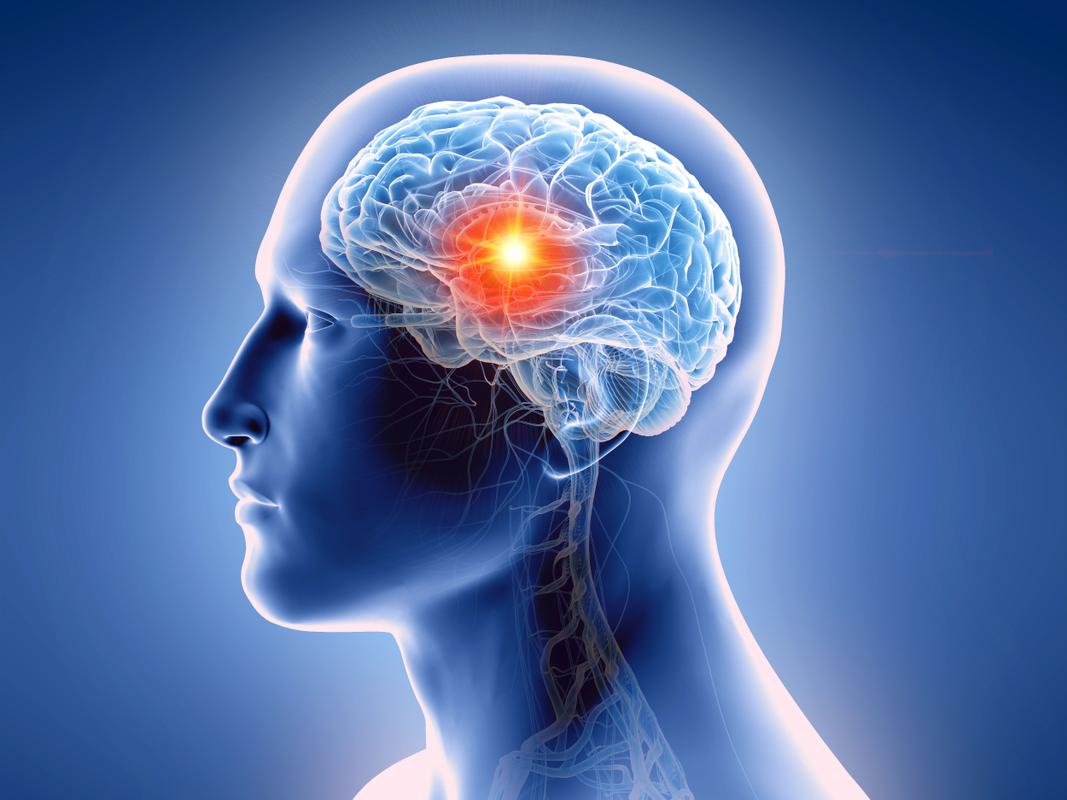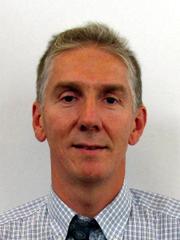At the end of the nineties, prof. dr. Bart Nuttin and his team were the first worldwide to apply deep brain stimulation in four patients with an obsessive-compulsive disorder. In 2016 a double-blind, controlled clinical trial followed showing the safety and efficacy in 24 Leuven patients.
Train colleagues
Recently the team published a new trial with the long-term follow-up of 30 patients that underwent deep brain stimulation. Instead of a classic clinical examination, they chose a ‘real world study’, without control group and without a strict selection of test patients, involving several European centres.
Neurosurgeons from all over Europe came to Leuven to learn the new technique, or the team was invited over to show them. This a significant added value of this real world study, because a treatment can only be successful if it works worldwide in the hands of several neurosurgeons and psychiatrists.
Patients who responded well to brain stimulation from the start, still had their obsessive-compulsive disorder under control after 15 yearsProf. dr. Bart Nuttin - neurosurgeon
Prof. dr. Bart Nuttin, neurosurgeon at UZ Leuven: “In most patients, brain stimulation led to a significant decrease of the symptoms. Various studies also showed a long-term positive outcome: patients that responded well to the procedure, still had their obsessive-compulsive disorder under control 15 years onwards, thanks to brain stimulation.”
Link with depression
The trial showed that depressive symptoms of patients with an obsessive-compulsive disorder also improved after deep brain stimulation. There is ongoing research into whether the treatment can also be used for depression in general or other psychiatric disorders.
In the meantime, the device for brain stimulation has been approved for use in obsessive-compulsive disorders by the American FDA, has received the CE-mark of the European Union and is reimbursed in Belgium. However, professor Nuttin is cautious about calling it a standard treatment. “As neurosurgeons and psychiatrists we are most critical for ourselves. We would like to see a second controlled clinical trial showing the safety and efficacy before we consider it a generally accepted treatment.”
About obsessive-compulsive disorder and brain stimulation
About two percent of the population suffers (temporarily) at one point or other from an obsessive-compulsive disorder. This psychiatric disorder often goes together with compulsive thoughts, compulsive actions, fear and depression. There are underlying deviations in brain activity, such as an increased communication between certain brain areas.
Usually patients with an obsessive-compulsive disorder are treated with cognitive behavioural therapy or medication, but for about ten percent, these treatments are insufficient. These patients can qualify for the third option: a neurosurgical procedure. In the past lesions were made in the brain in order to suppress the affected area, but this approach included the risk for creating irreversible side effects.
Deep brain stimulation provides a safer alternative. With this technique, electrodes that influence the activity of nerve cells with electrical current are implanted in the brain, making it possible to correct deviating brain activity. The benefit is that the stimulation can be controlled and modified accurately and that the side effects are generally mild and treatable. Deep brain stimulation has been successfully applied in more than 100,000 patients with motor disorders such as Parkinson’s and it is also efficient in cases of chronic pain.

